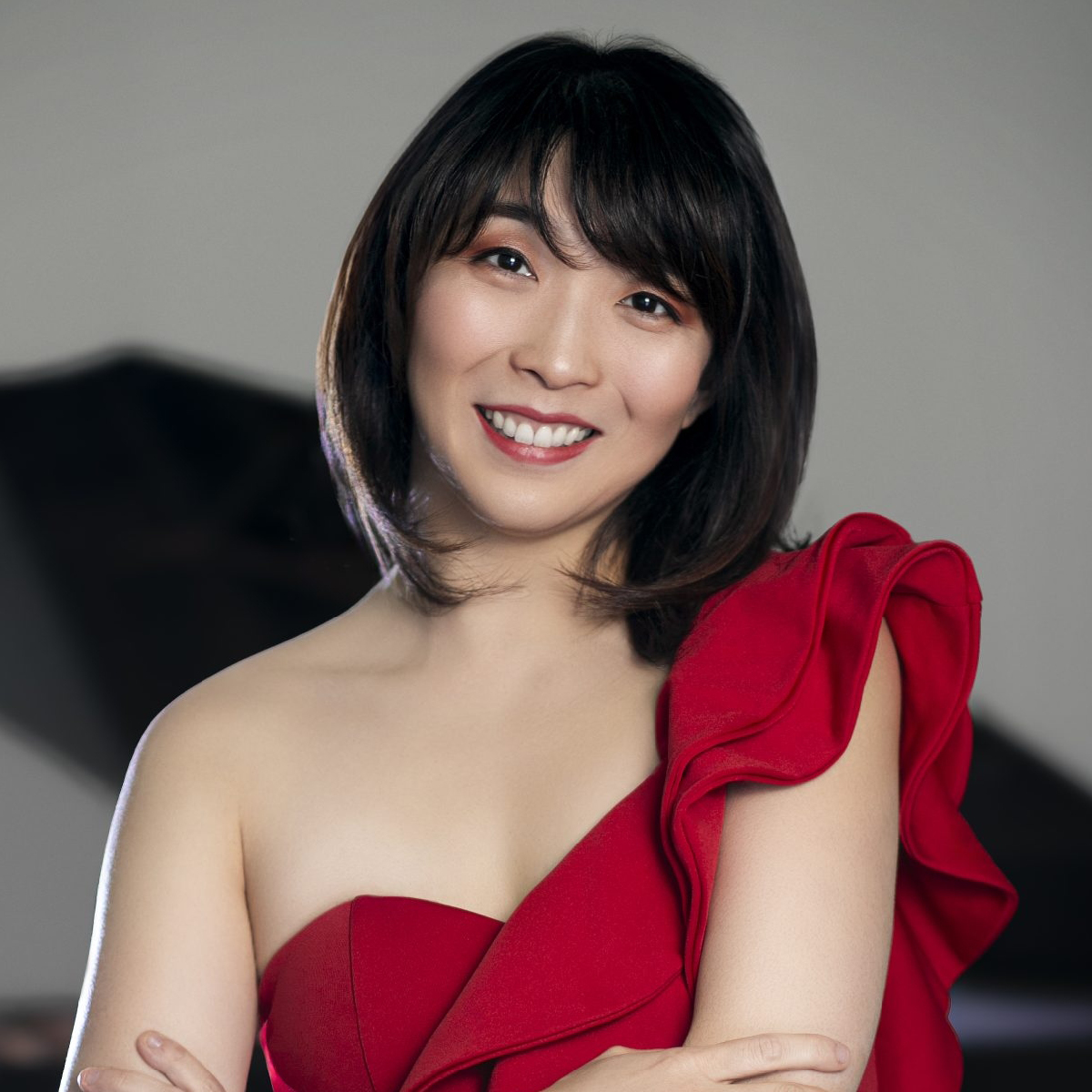Artists
Johannes Kammler is one of the most promising German baritones of his generation. Born in Augsburg, the artist received his first musical training from the Augsburg Cathedral Choir. Later he studied singing in Freiburg im Breisgau, Toronto and at the Guildhall in London. Johannes Kammler was a finalist and winner of the international singing competitions Neue Stimmen and Operalia. In August 2015, Johannes Kammler made his debut at the Verbier Festival as Marcello in La Bohème and since then he has made his debut in houses and festivals as the Norske Opera in Oslo, the Bregenz Festival or the Glyndebourne Festival. Since season 2018/2019, Johannes is part of the ensemble of the Stuttgart Opera State. He is also very active and successful with singing Lieder. and has been invited to the Oxford Lieder Festival, the Wigmore Hall or the Beethovenfest Bonn.
Born in Augsburg, first studied violin and music theatre directing, and after studying singing with Martin Gründler in Frankfurt, received his first opera engagements in Dortmund, Hanover and at the Frankfurt Opera. He has developed into one of the leading cavalier and character baritone players of his generation. Guest productions regularly take him to the major stages such as the Salzburg, Bayreuth, Bregenz, Glyndebourne and Lucerne Festivals or the opera houses in London, Paris, Milan, Madrid, Zurich and Geneva, Berlin, Munich, Hamburg, San Francisco or New York. The baritone regularly devotes himself to concert singing, giving recitals and oratorio concerts. In 1997 his composition, the chamber opera Der Wurm was awarded a prize and premiered at the composition competition in Berlin. Since 2016 his latest composition Lieder um Liebe has received many performances at home and abroad.
Jonas Müller was born in Deggendorf in 1999. His soloistic focus is on lied singing, which is supported by his close collaboration with pianist Gerold Huber. Jonas Müller is a scholarship holder of the Liedakademie of the Heidelberger Frühling under the direction of Thomas Hampson. Since 2022 he attends the Lied class at the HMT Munich with Prof. KS Christian Gerhaher. In May 2021 Müller made his operatic debut as Papageno in a production at HMT Munich; in 2022 he sang Count Almaviva in Mozart's Figaro and Lubano in "Der Stein der Weisen" . Since 2021 he has been a scholarship holder at Yehudi Menuhin Live Music Now München e.V. and Fritz Wunderlich Gesellschaft e.V.; in the same year he received a grant from the Hans und Eugenia Jütting-Stiftung Stendal. In 2022/23 he is a scholarship holder of the Thomas Gotthold Greinwald Foundation.
Born in Prats de Lluçanès, Barcelona, he began piano studies at Escolania de Montserrat, where he also studied violin and organ. He continued his piano training with Albert Attenelle and chamber music studies with Jordi Mora at the Escola de Música de Barcelona. In 1994 he earned a Recital diploma from the Guildhall School of Music & Drama in London and completed his studies in 1996 at the Conservatori Professional de Música de Tarragona, earning first prize. He then moved to Freiburg to study under Vitali Berzon. Armengol currently teaches piano and chamber music at the Escola de Música de Barcelona and serves as pianist of the Cor de Cambra of the Palau de la Música Catalana, conducted by Simon Halsey, with whom he has recorded a CD of choral and piano works by Cristòfor Taltabull. He frequently performs in recitals with soprano Elena Copons and baritone Josep Ramon Olivé.
Després de finalitzar els seus estudis al Real Conservatori Superior de Música de Madrid i complementant-lo amb la Kunstuniversität de Graz, va realitzar el màster de Música en la Robert Schumann Hochschule de Düsseldorf. Ha estat membre de nombroses orquestres sota la batuta de directors com Simon Rattle, Gustavo Dudamel, Vasily Petrenko, Daniel Harding o Marc Minkowski. Entre els anys 2018 i 2022 va ser ajuda de solista de l'Orquestra Sinfònica del Gran Teatre del Liceu i professor titular de contrabaix i de música de cambra en la Fundació Conservatori Liceu. Actualment és membre de l'Orquestra i Cor Nacionals d'Espanya i professor de contrabaix a l'Escola Superior Fòrum Musikae.

